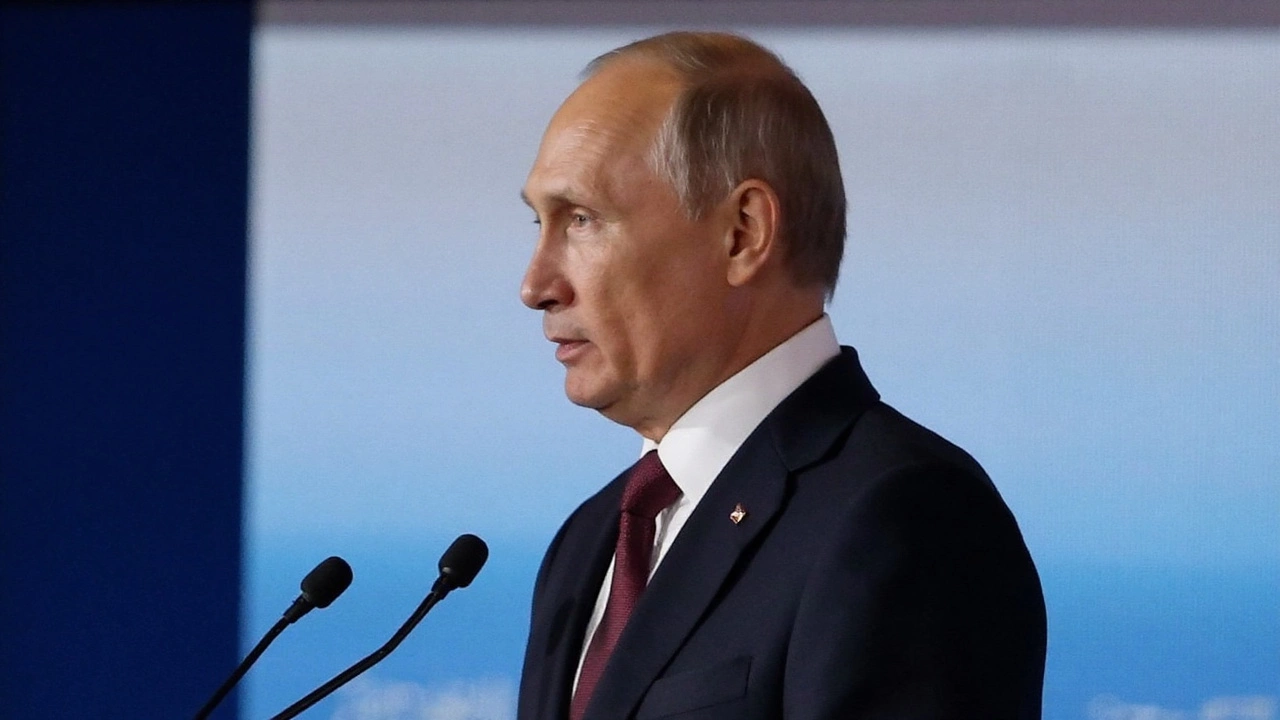Foreign Troops: What They Are and Why They Matter
When you hear the term “foreign troops,” you probably picture soldiers in unfamiliar uniforms operating far from home. In simple terms, foreign troops are military units sent by one country to operate in another country’s territory. They can be part of a peacekeeping mission, an alliance agreement, or a temporary training exercise.
Historical Roots of Foreign Deployments
Throughout history, nations have relied on foreign troops to achieve political goals. The Romans sent legions across Europe, the British Empire stationed soldiers in colonies, and the United Nations still fields peacekeepers in conflict zones. These forces often acted as both deterrents and enforcement tools, shaping borders and influencing local politics.
One classic example is the NATO presence in Germany after World War II. American, British, French, and Canadian units helped rebuild and secure the region while keeping a watchful eye on potential Soviet moves. The pattern repeats: a powerful nation places troops abroad to protect its interests and support allies.
Modern Uses and Responsibilities
Today, foreign troops serve a mix of humanitarian, defensive, and strategic purposes. In humanitarian crises, they deliver food, medical aid, and infrastructure support. In combat zones, they work alongside host‑nation forces to fight insurgents or deter aggression. Their presence can also signal political solidarity, as seen when coalition forces join regional operations.
Training and joint exercises are another big part of modern deployment. Countries invite foreign units to practice tactics, share technology, and build trust. This cooperation helps standardize procedures and improves response times when real emergencies erupt.
Critics often point out the downsides: cultural friction, legal complications, and the risk of becoming entangled in local disputes. Those concerns are valid, which is why clear rules of engagement and respect for host‑nation sovereignty are essential. Successful missions usually involve close coordination with local authorities and transparent communication with the public.
For individuals considering a career with foreign deployments, the experience can be rewarding but demanding. Troops need to adapt to new climates, languages, and customs quickly. Training programs now emphasize cultural awareness and language skills, preparing soldiers for the challenges of overseas service.
Economically, foreign troop stations can boost local economies. They create jobs, buy local goods, and sometimes fund community projects. However, the impact varies widely depending on the size of the force and the host country’s existing infrastructure.
Technology also shapes modern foreign deployments. Drones, satellite communications, and advanced logistics allow smaller units to have a bigger influence than ever before. These tools enable rapid response and precise operations, reducing the need for large, permanent garrisons.
In short, foreign troops are more than just soldiers in another land. They are instruments of diplomacy, security, and humanitarian aid. Understanding their history and current roles helps you see why nations choose to deploy forces abroad and what that means for global stability.

Foreign Troops Warning: Putin Threatens Strikes as Europe Weighs Ukraine Peacekeeping
Sep, 6 2025